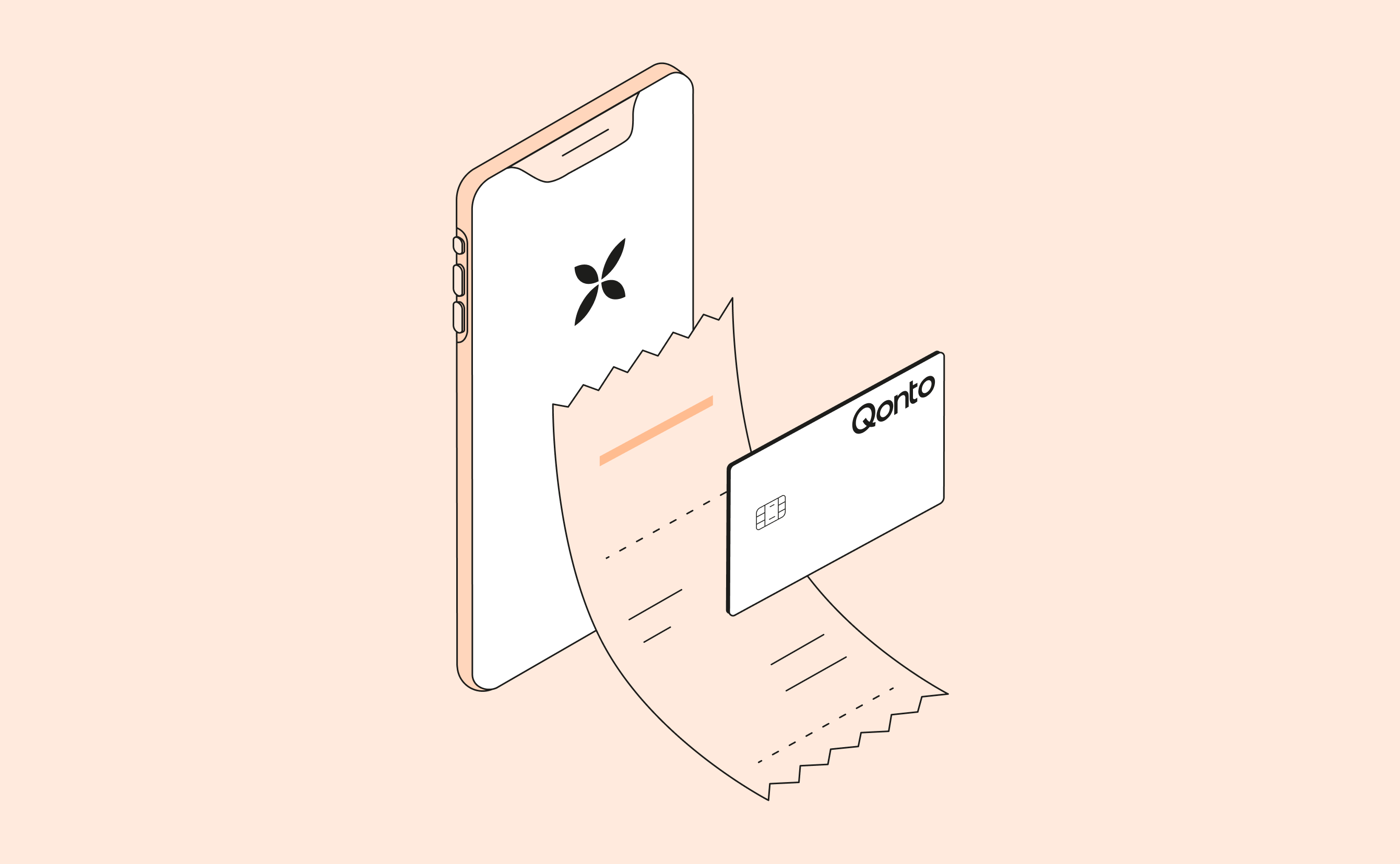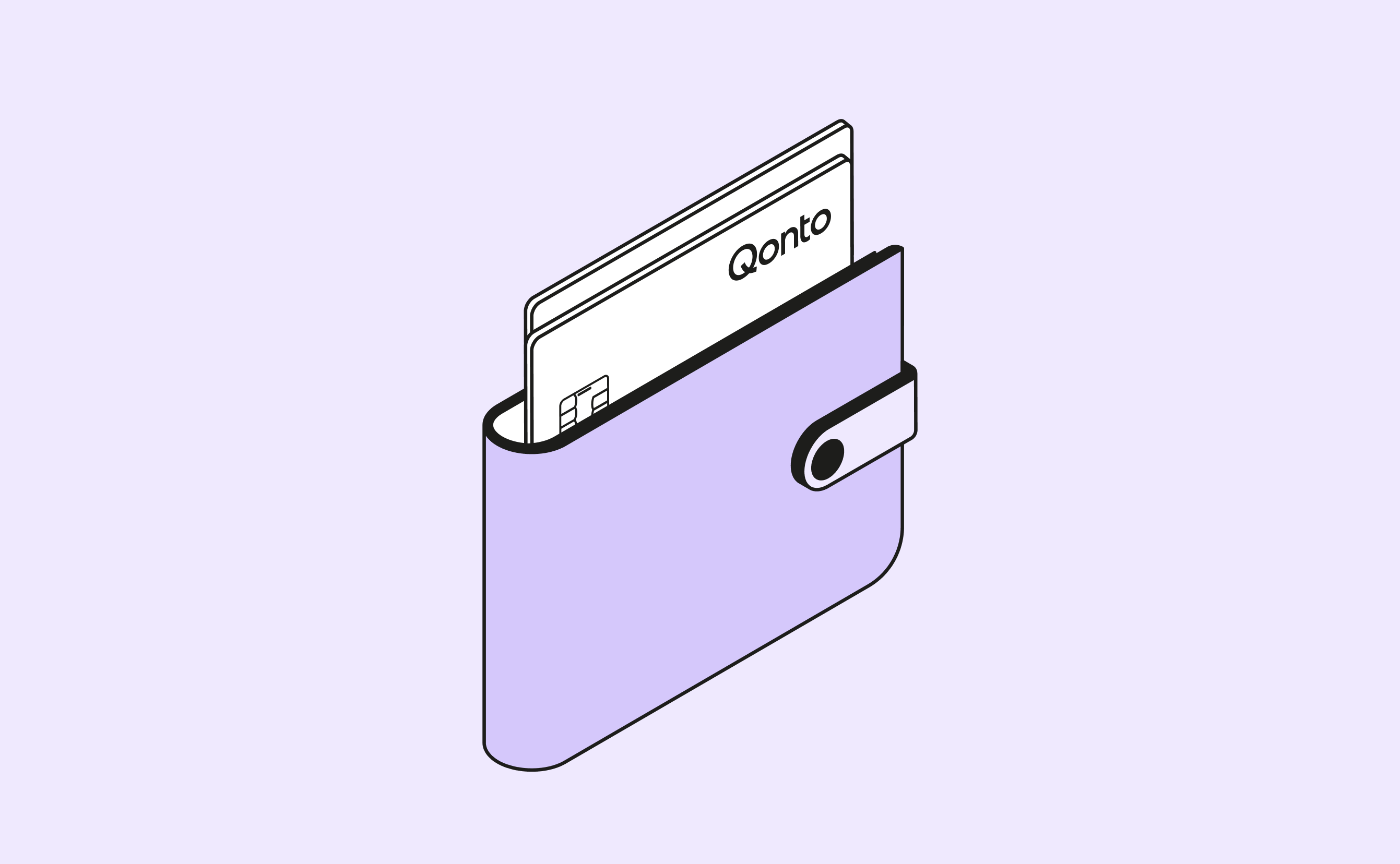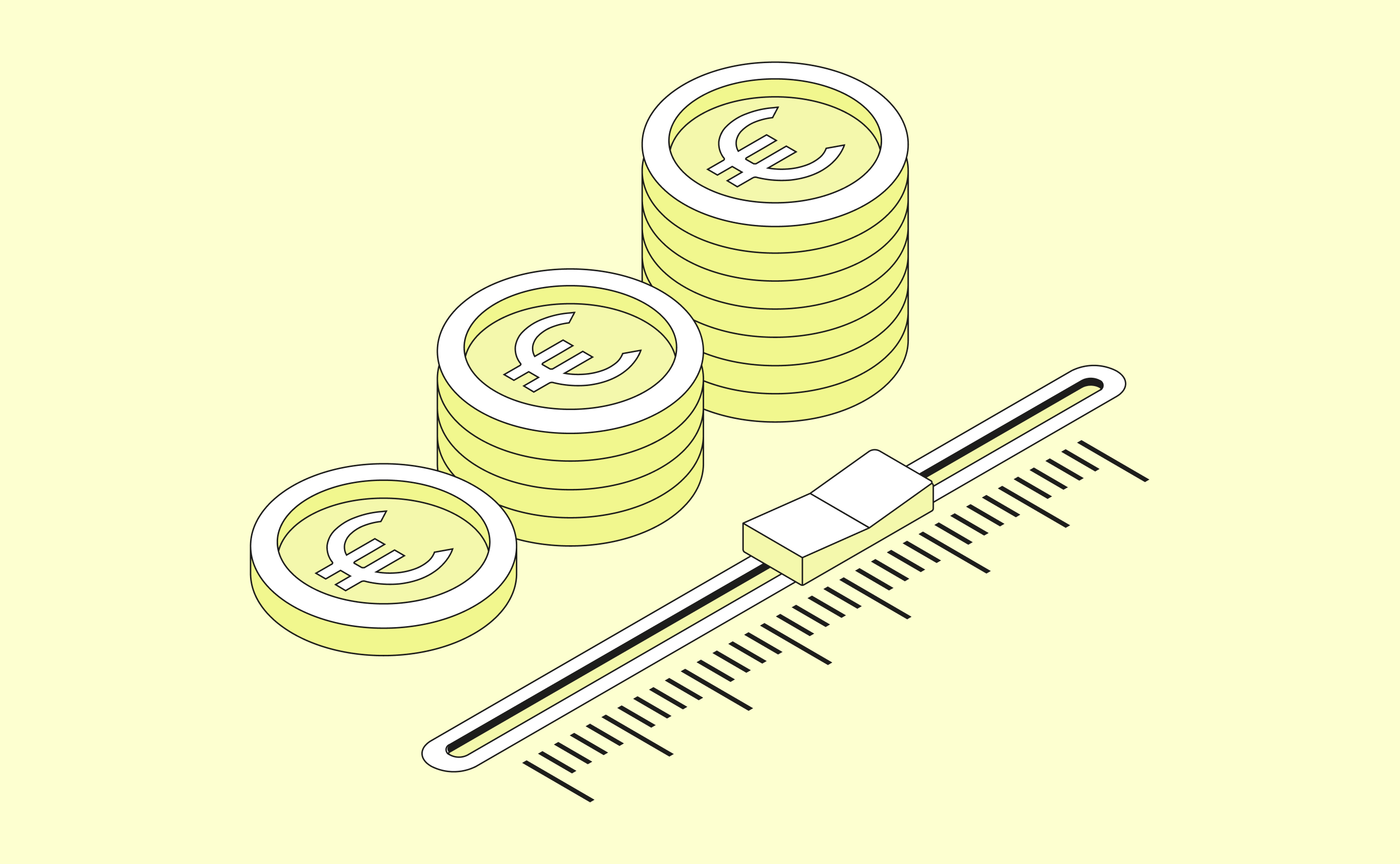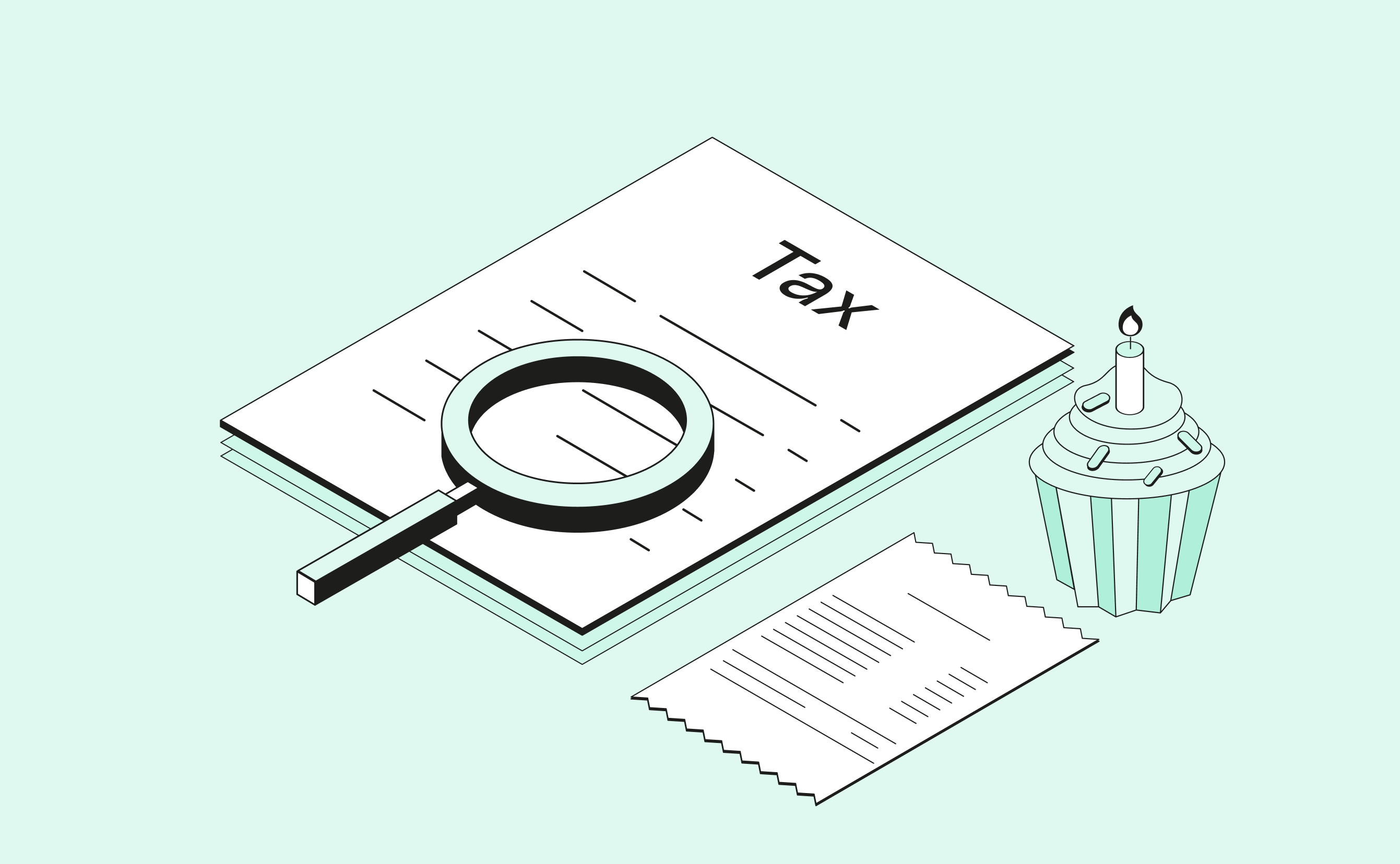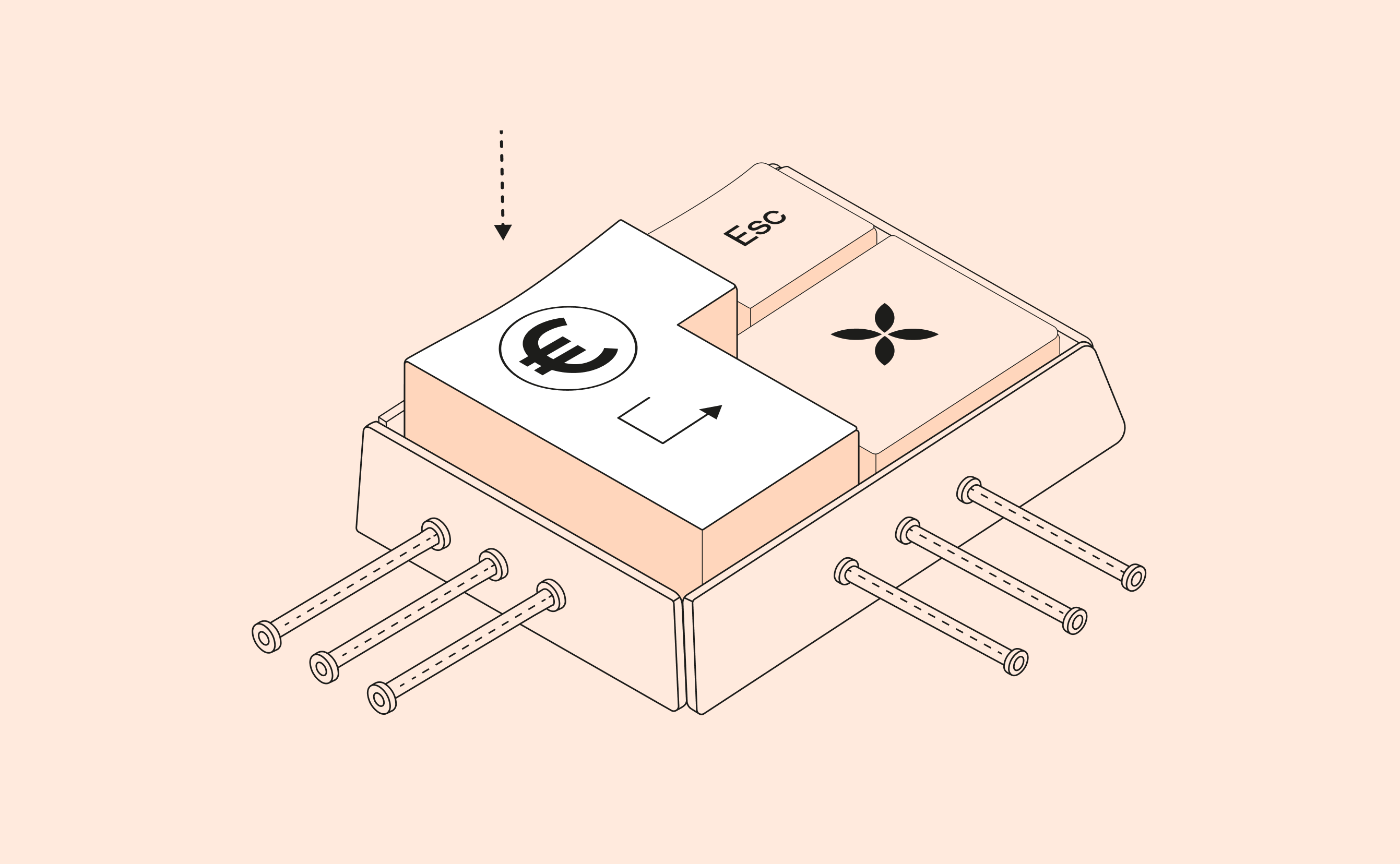Saving money is a universal concern. Whether you’re an entrepreneur pooling together your resources to get your venture off the ground, an employee who needs a nest egg, or a high school graduate who’s soon going to have rent to pay, you’ll need to have a plan to save money.
13 tips on how to save money fast
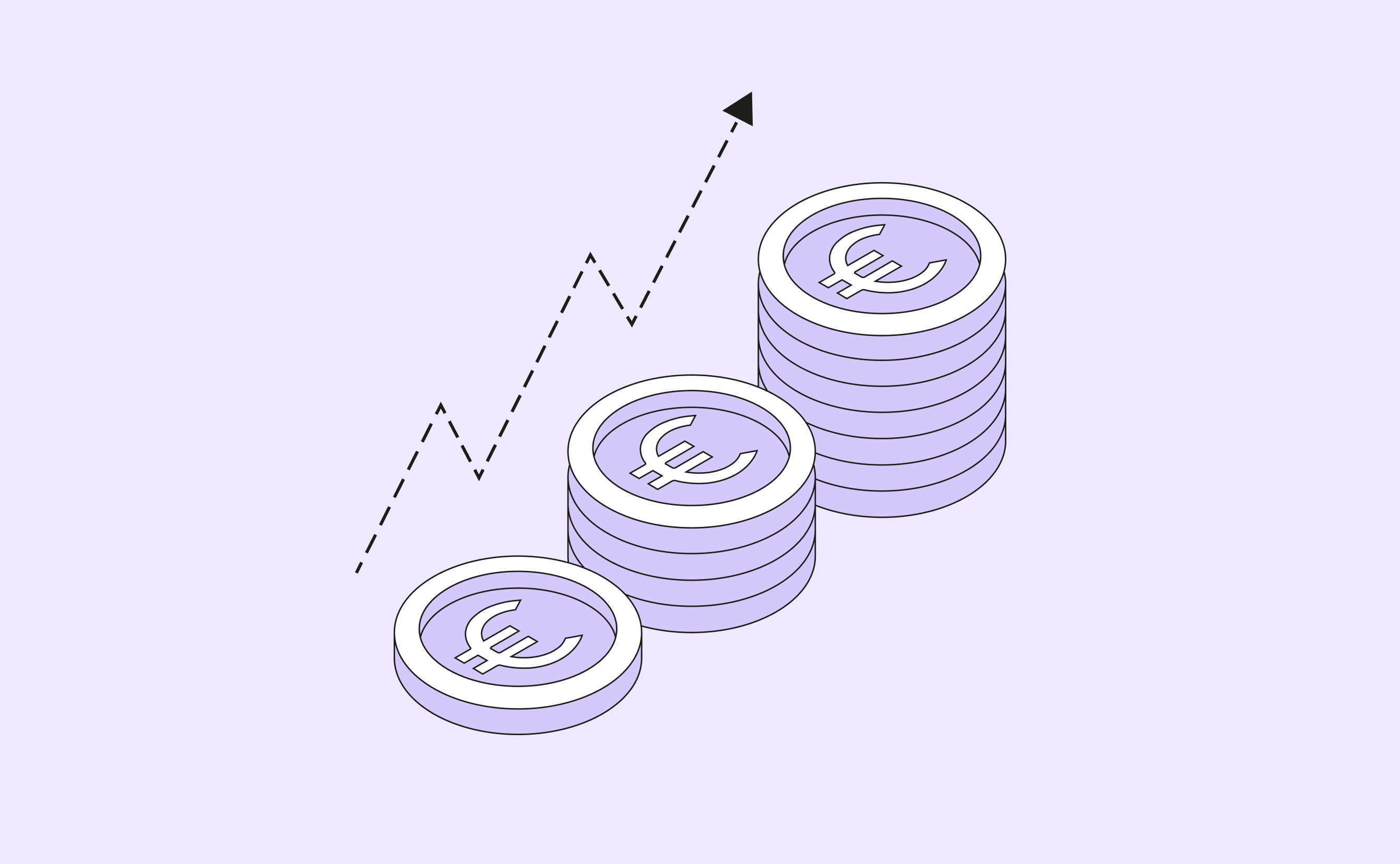
How to save money each month
Saving money is a long-term goal, but long term goals are achieved with short-term achievements. The runner completes a marathon by putting one foot in front of the other, over and over. Approach saving money in the same way, on a month-by-month basis. Every month has regular expenses:
- Rent
- Mortgage payments
- Health insurance
- Groceries
- Personal hobbies
- Social events
And surprise expenses:
- Vehicular repairs
- Appliances breaking
- Birthday gifts
- Fines
Saving money monthly means assessing a lot of these and finding ways to manage them better: identifying pain points, planning ahead, and brainstorming.
Use finance apps
Downloading and using finance apps is like employing highly specific, automated accountants to help manage your daily budgeting and long term savings plans. Because there’s such a variety of choice within finance apps, you’re able to cover many aspects of your savings needs.
- Budgeting apps simplify the often complex process of coming up with a budgeting plan by helping users put together savings plans and reach financial goals they set for themselves.
- Investing apps provide a way for users to enter the stock market without needing much expertise, while doing so safely and with the resources to learn what they need.
- Knowledge apps aim to increase users’ financial literacy through active learning with quizzes, games, mentorships, and connecting users to share tips and learn from each other.
The 50/30/20 budget
Manage your subscriptions
How many subscriptions are you juggling at the moment? When did you last log into your Netflix account or use Amazon Prime for speedier delivery?
What kind of fitness subscription do I need? Cutting fitness out of your life shouldn’t be an option, and sometimes we need classes and venues to keep ourselves motivated. However, if you need to slim down your fitness budget, consider switching Urbansports for a gym membership, finding a cheaper local gym, joining a sports team for free, or exercising together with friends on a regular schedule.
Where am I spending to save time? Subscription services do a great job of eliminating pesky trips to the supermarket and post office, or cutting down valuable time in the evening with delivered meals and specialised ingredients. That being said, saving money sometimes means spending more of your time. Work out if you can halt your ready-made meal services and find time in the evening to shop for cheaper ingredients and make meals to freeze and reheat.
Switch energy providers
It’s tempting to sign up with the first energy provider whose pamphlet arrives in the mailbox when you move into a new flat and just leave it at that. However, the need to save money should prompt a review of your energy provider. Prices raise, deals change, and inflation affects energy bills significantly.
Switch your bank account
There are many ways your bank account could be costing you and it goes beyond hidden fees. Banks are financial institutions aiming to profit from their customers and some do this in ways that benefit the customer less.
- Affordable pricing plans
- Low transaction fees worldwide
- Accounting software integration
- Versatility
If you’re saving money to fund your own business, choose a business banking account with the above features and more, like team cards to manage spending from employees, sub-accounts and insurance integration. Having the right bank account is smart spending, and smart spending is saving.
Still searching for the right business account? Qonto might be a perfect match.
Keep an eye on your credit card
Saving money and keeping a credit card might seem illogical. After all, credit cards are for spending and can lead to debt accumulation—hardly what you want when you’re trying to save, right?
- Build a good credit rating and be rewarded with better loan repayment options
- Make payments on better equipment for your work or home life
- Earn rewards and save on flights and grocery shopping
The key to saving money with a credit card is to manage spending carefully. These are some of the important aspects of credit card spending month to month:
- Low credit utilisation rate: this is a percentage that measures your credit card balance with your aggregate spending limit. To calculate it, divide the amount of revolving credit you’re currently using by the total amount: what you owe divided by what you have. Ideally, keep your rate around 30%, never above 40%.
- Monthly bill paid in full: avoid debt and high interest rates by paying back your credit card balance in full each month. To manage this, don’t spend more than you can comfortably pay back each month.
- Spending alerts: customised notifications when you’re spending extra or nearing your set limit will force some control into your monthly spending and keep you up to date with your expenses.
If you still lack confidence in exerting control over your spending, it might be best to way up the benefits of using a debit card instead.
Reduce car travels
For some, travelling by car is an essential part of work or daily life. This doesn’t mean however that you can’t cut costs in how you approach car travel. There is always a smarter way to do things, it just takes planning.
- Home office
- Carpooling with colleagues
- A more fuel efficient car
- Cycling or taking public transport
- Regular car service
- Affordable insurance coverage
How to save money on food shopping
Food shopping is a necessity. Bothersome as it may be, cutting it entirely from your monthly budget would incur grave consequences. It’s true that choosing to cook your own meals will save in comparison with ordering in every night, but there’s still more you can do to crop the grocery list and save with every shop.
Cut your shopping budget
If you don’t have a grocery shopping budget, stop reading this post and put one together. It can be difficult to stick to, but a budget for groceries will exert much needed control over one of the most easily fluctuating daily expenses we incur. Shopping apps and spending limits can help with creating a budget more easily.
Make shopping lists
Your shopping list can go beyond just one hastily scribbled list as you run out the door. One significant way a lot of people waste money is through wasting food. We don’t check the fridge before we leave for what we already have, we buy all new ingredients for a recipe instead of using what we already have to make something, or we let valuable ingredients collect dust in our cupboards.
- Create a ‘master list’ of commonly bought items so they can be easily checked off before each shopping trip;
- Categorise your shopping lists: dairy, fruit and veg, meats, etc.;
- Rotate a few different meals so you consistently turn over the same ingredients and always use everything.
Buy generic brands
Brand choice, especially at the supermarket, goes a long way in saving money. It might be tempting to always choose the popular brands with the louder advertising, but overtime all this extra spending is going to accumulate.
How to save money long-term
Monthly saving is important to help correct your daily spendings and accumulate money where it would otherwise have been wasted, but thinking long-term is how we make real progress with savings.
Set concrete saving goals
Setting saving goals requires focus and determination towards a more distant goal. It means choosing what you want and working towards it. This is instead of merely saying you’re going to ‘save’ and working towards an indiscriminate number for no specific reason. You’re much less likely to stick to this because you’re not working towards something. It’s like running a race with no end—eventually you’re going to give up and go somewhere else.
Invest smartly
With crypto bubbles bursting and a rapidly inflating market, it’s hard to know what to do with your money. Investing is a huge part of savings because we need to make our money work for us, we can’t just accumulate it and leave it alone.
- Research, research, research: it takes time, but you’ll be glad you did it. Start keeping an eye on the market and looking into companies you’re interested in. You’ll need to understand how market fluctuations affect your chosen investment and learn to forecast how it will perform in the future.
- Follow your passion: it’s much easier to invest in something you’re passionate about. This is in part because you’ll have to spend so much time reading up on it, but it also helps to have personal investment in something you financially invest in. You care more about its future and make more informed decisions.
- Find stable investments: NFTs, crypto, and other investment options on DeFi markets might seem exciting, but their wild fluctuations betray volatility. Seek stability even in less stable assets. If you want to go into crypto, look into stablecoins instead. Better yet, look into buying solid metals like gold, which have boasted some stability for thousands of years.
Do your tax declaration and learn how to deduct properly
Not only important for business owners, proper tax declaration can contribute significantly to your savings goals and a decent tax return might help pay a fine or bigger bill that you otherwise would have dug into your savings for.
Check your insurances
Assessing the different insurances you currently have can be a good way to identify where you might be a) overpaying and b) where you might not be protected.
Health insurance
Health insurance
This one is especially true for small business owners. In Germany, private health insurance is far cheaper for small business owners (depending on a few factors) than public health insurance generally. You may be overpaying for health insurance which is a significant monthly drain on your accounts.
Key insurance
Key insurance
Losing your keys in Germany can be a nightmare. You might have to pay for new locks, and this is especially expensive when the key opens both the main building door and your apartment door. Organise insurance for losing your keys—it’s cheap and it could save you thousands.
Vehicular insurance
Vehicular insurance
Again, if you use a car regularly, review the available and compulsory insurances:
- Third party coverage: the minimum requirement for car insurance in Germany, you are covered for any damage you might inflict on others while driving your car.
- Partial coverage: you are partially protected in the event of accidental damage (as well as third party).
- Comprehensive coverage: the most expensive per month, this covers accidental damage, third party, and any damage done to the car in which you are at fault.
‘Breakdown insurance’ will also cover your towing costs which can be very expensive, and people moving to Germany might be able to include a ‘No claims bonus’ which can help reduce what you pay overall.
Approach saving money in two ways: long term and short term. The short term should be built around your paycheck (monthly or fortnightly) and the long term should be based on achievable but ambitious goals you hope to meet by saving enough money.
- Approach saving money from both a long term and monthly perspective
- Look into finance apps to help with budgeting and investing, and review your current subscribed services
- Consider whether changing energy provider or bank account will lead to some savings
- Pay close attention to your credit card bill and make sure you are taking advantage of the rewards
- Find ways to cut down on car travel by carpooling and choosing days to cycle or commute
- Review your food shopping: make better lists, choose generic brands, and cut your overall budget
- Define your long-term savings goals clearly and learn how to invest intelligently
- Get the help you need on your tax declaration and review your insurances: don’t overpay and don’t underinsure yourself
